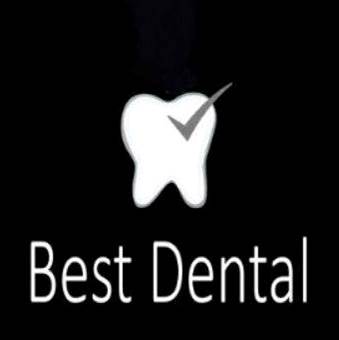Common Causes of Denture Failure
In a study by Hummel et al,1 65% of defective dentures had
at least one defect. Lack of stability was the most prevalent.
Mandibular removable partial dentures (RPDs) had retention
problems whereas maxillary RPDs had problems related to
reline material integrity. Tooth wear defects were significantly
associated with patient age.
In some cases the denture base may be damaged, or the
vertical dimension of occlusion has changed. Occlusal changes
can be caused by denture tooth wear resulting in worn, ineffective
surfaces. Carlsson’s 1967 studies showed a dramatic
loss of bone during the first year after a tooth extraction that
continued over the years, even without a denture on the tissue
surface.2, 3
In 1972, Tallgren’s 25 year study showed that denture wearers
have continued bone loss over the years.Occlusal forces on
the gingival tissues irritate bone that resorbs. This results in a
decrease in bone volume and density.
Chairside Denture Reline Challenges
There are many challenges in the chairside denture reline process.
In the past, material handling, integrity and lifespan have been an
issue. Also, the question of whether a chairside reline is as effective
as a laboratory reline over the long term was a concern.
Research
A 2014 study evaluated the bond strength of chairside reline resins.5
The results were compared with lab-processed resins. The
failure sites were examined by scanning electron microscopy and
showed the bond strengths to be equal among all techniques.
Also, the clinical properties of resilient denture lining materials
may be influenced by the methods used to polymerize them.6
Other studies investigated temperature rise during intraoral
polymerization that can cause discomfort,2-8 and the durability
through flexural strength9has also been measured.
In addition, areas with poor reline adhesion or roughness are
potential sites for candidiasis development. A study was conducted
between resin and silicone liners measuring the presence of
candida. Resin surfaces presented sharp valleys and depressions,
while silicone based specimen surfaces exhibited more gentle
features.












